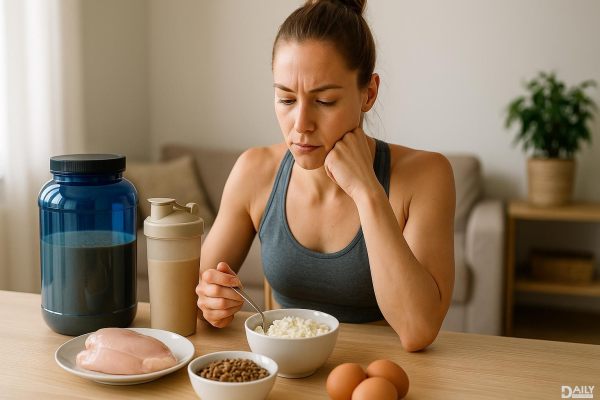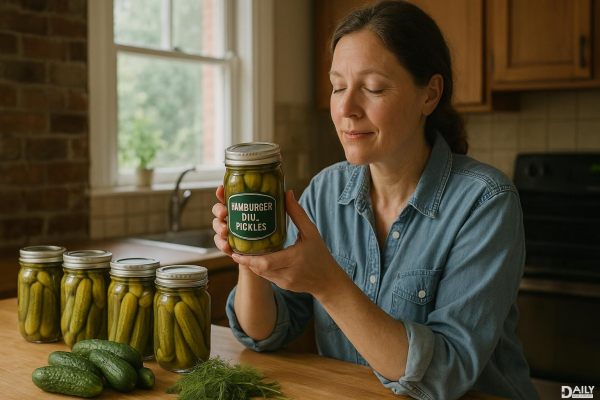If you're wondering how much protein you really need daily for optimal health and fitness, the answer isn't one-size-fits-all—but generally, most active adults should aim for around 0.7 to 1 gram of protein per pound of body weight. That means if you're a 150-pound person hitting the gym regularly, you're looking at roughly 105 to 150 grams of protein per day. But before you start chugging protein shakes like they're going out of style, let's break down why protein matters, how much you actually need based on your lifestyle, and the best ways to get it without turning mealtime into a science experiment.

Protein isn't just for bodybuilders trying to get jacked—it's the building block of life. Every cell in your body uses protein for something, whether it's repairing muscle tissue after a workout, keeping your immune system strong, or even helping your hair and nails grow. Think of protein like the construction crew of your body—without enough of it, things start falling apart. Enzymes, hormones, and even those antibodies fighting off your coworker's latest cold? All made from protein. So yeah, it's kind of a big deal.
Your protein needs aren't set in stone—they change based on what you're doing with your life. Sedentary folks can get by with around 0.36 grams per pound (that's the RDA minimum), but if you're active, pregnant, or trying to lose weight while maintaining muscle, you'll need more. Endurance athletes might need 0.5-0.65 grams per pound, while strength trainers could require up to 1 gram or slightly more. Older adults also need extra protein to combat age-related muscle loss. It's not about eating like a bodybuilder unless you are one—it's about matching your intake to your actual needs.
Forget what those supplement ads tell you—you don't need to slam a protein shake the second your workout ends. While spreading your protein intake throughout the day is smart (about 20-40 grams per meal), your body isn't on some strict countdown where missed protein windows mean lost gains. What matters more is hitting your daily total. That said, having protein with each meal helps with muscle protein synthesis and keeps you fuller longer, which is why breakfast skippers might want to reconsider that black-coffee-and-regret morning routine.
While protein powders are convenient, they shouldn't be your main squeeze. Whole food sources like chicken, fish, eggs, Greek yogurt, and legumes provide complete proteins with bonus nutrients you won't get from a scoop of powder. Even plant-based eaters can hit their protein goals with smart combos like rice and beans or quinoa and veggies. And no, you don't need to eat bland chicken breasts every meal—spices exist for a reason. Variety isn't just the spice of life; it's the key to getting all essential amino acids without losing your mind.
If you're constantly hungry an hour after meals, struggling to recover from workouts, or noticing your hair's thinning more than usual, you might be skimping on protein. Other red flags include frequent illnesses (your immune system needs protein too), muscle loss despite working out, and that lovely "hanger" that makes you snap at innocent bystanders. On the flip side, going way overboard with protein can stress your kidneys over time and might mean you're missing out on other important nutrients, so balance is key.
At the end of the day, protein needs are personal—they depend on your body, goals, and lifestyle. While calculators and guidelines can point you in the right direction, the best approach is to start with general recommendations, adjust based on how you feel and perform, and maybe don't take nutrition advice from that guy at the gym who claims to eat 300 grams daily "for the gains." Your body will tell you what works—you just have to listen.
























